First Aid – A simple way of saving a life

First Aid Courses have been an integral part of my life as an instructor and leader in the outdoors. In order for my outdoor qualifications to be valid, it is a requirement that I hold as a minimum, a Rescue & Emergency Care Level 2 first aid certificate. This certificate lasts for three years and explores the skills and develops confidence to deal with a range of first aid scenarios in environments that outside assistance may be a long way off.
I have recently renewed my certification and attended an excellent course run by Angie at Training Expertise. This is the third time I have used Training Expertise and I once again, I was thoroughly impressed with the content and the way in which it was delivered.

I am always amazed at how few people pursue some sort of first aid training, whether or not it is for work. There’s the occasional story in the news about how some basic first aid training has saved a life but how many of these go unrecorded or unrecognised and, how many deaths could have been avoided had the first people on the scene had some sort of training or competency?
St John Ambulance claim that up to 150,000 people a year could be given a chance to live if more people knew first aid. This could be as simple as dealing with someone who chokes to death, through to the 29,000 that die from heart attacks each year.
These courses are not just about learning the practical skills as a first aider, they are educating people about how to recognise certain symptoms of common problems. For example, just recognising the signs of someone having a stroke, could save someone’s life, as demonstrated in the Stroke Association’s F.A.S.T. campaign:
Suffering from a stroke requires specialist treatment, but every second counts, so understanding the signs of someone having a stroke are absolutely paramount. On my course, we shared our experiences of strokes and had discussions about them. This was hugely valuable and brought a sense of reality (three of the group had first-hand experience) to the training.
The merits of getting a first aid qualification are far beyond putting a triangular bandage. We now know more than ever about how to treat common problems but it is worth consolidating and clarifying the now-fuzzy first aid that you learnt at school. Aside from the lesson we all had from watching Pulp Fiction, would you really have the confidence to inject adrenaline into someone having an anaphylactic attack?
We’ve all heard the statistics about risk (you’re more likely to die in your house than not etc), but whether you partake in what are perceived as ‘risky’ activities or not, the likelihood of having to deal with a life-threatening situation is rare. However, First Aid courses give people the confidence to deal with some of them, which may just save someone’s life.
I implore you – do a search, part with some cash, and get some training. You won’t regret it.



